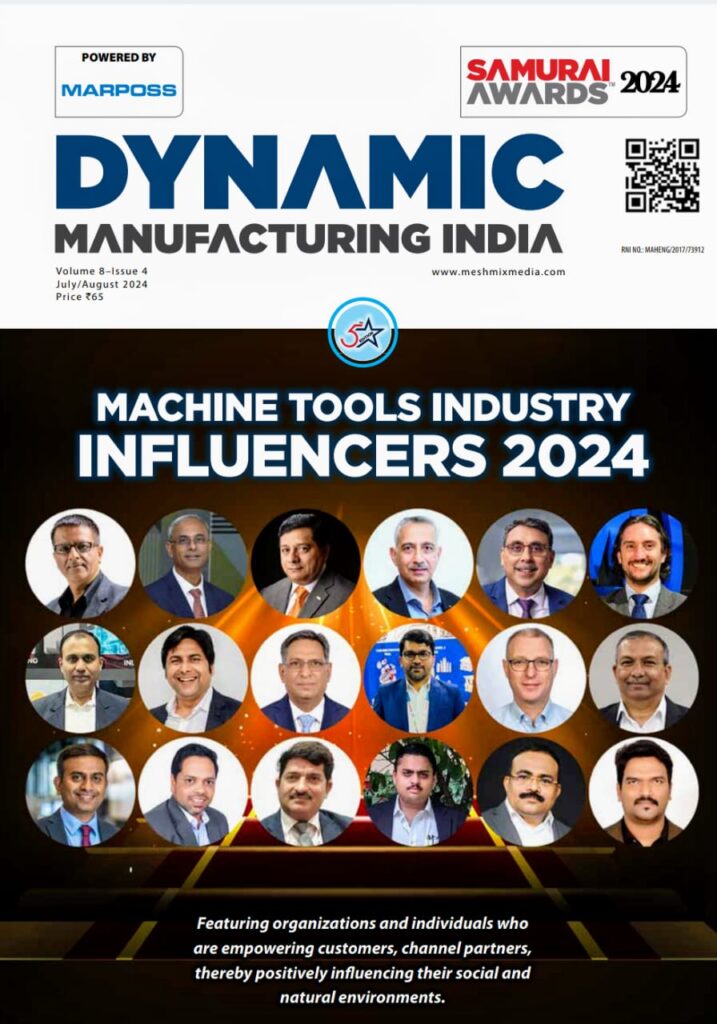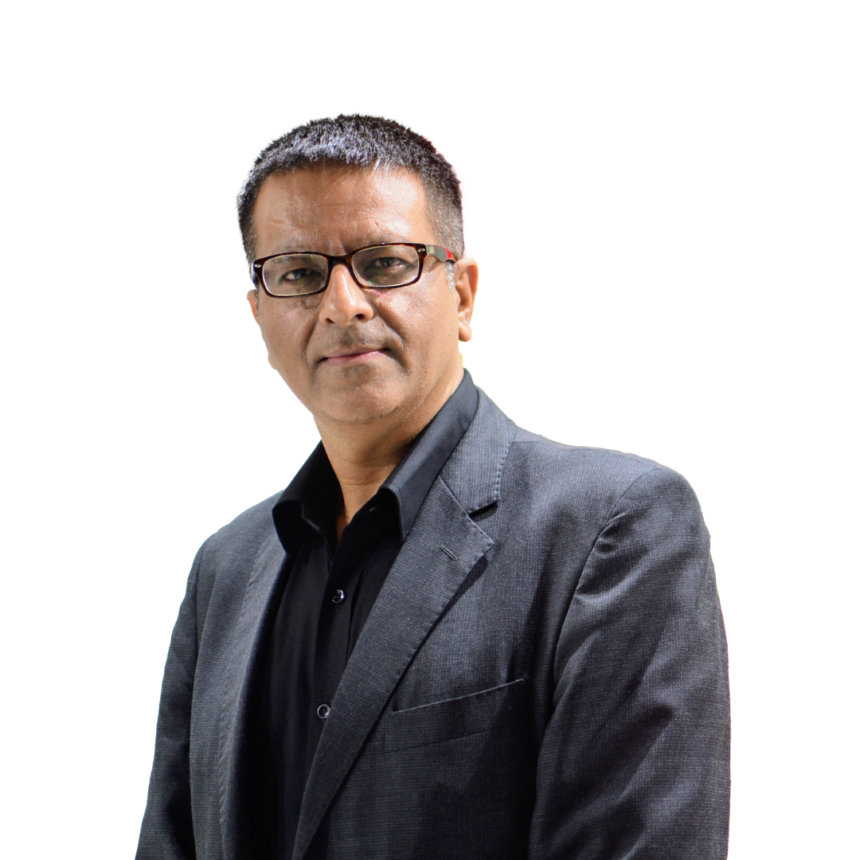Vineet Seth, Managing Director, Mastercam India, shares his insights on Mastercam’s journey towards innovation in manufacturing.
1. Can you explain the main trends currently impacting the machine tool industry?
The machine tool industry is currently being shaped by several key trends. The integration of digital technologies such as IoT, AI, and advanced data analytics is significantly improving operational efficiency and enabling predictive maintenance. Additionally, there is an increasing importance of multitasking machines that help manufacturers reduce process times and increase productivity. Automation and robotics are also gaining traction, aiding in consistent and accurate production while reducing manual errors. More recently, additive manufacturing continues to integrate with traditional methods, bringing new possibilities for tool design and production speeds, as well as complex manufacturing across multiple disciplines.
2. What innovative technologies and solutions has your company implemented to give you an edge in the market?
At Mastercam, we strive to stay ahead of the curve by continually enhancing our technology to help you use our software efficiently and effectively. We recently overhauled our user interface to streamline the user experience and incorporate innovative features that align with the latest advancements in machine tool capabilities, controller technology and tooling development.
Key innovations include the integration of Mastercam APLUS with Meltio, which facilitates both additive and subtractive machining for a versatile and robust manufacturing solution, the incorporation of Sandvik Coromant’s PrimeTurning technology for optimized turning tool operation, and enhanced milling capabilities through a collaboration with EMUGE to introduce support for Circle Segment Tools.
These enhancements are part of our broader strategy to anticipate and respond to future manufacturing trends and provide our customers with the tools they need to tackle tomorrow’s manufacturing challenges. We are actively engaged in developing new projects that continue to push the boundaries of manufacturing technology, ensuring Mastercam remains at the forefront of the CAM software industry.
3. How is your company addressing the challenges facing the machine tool industry today?
The machine tool industry is currently facing several challenges including technological advancements, economic pressures and a large skills gap. At Mastercam, we are proactively addressing these challenges through our strategic partnerships with machine tool OEMs, with a focus on innovation and skills development.
We work closely with OEMs to co-develop and refine technologies that enhance machine efficiency and capabilities, such as reliable post processors. Our joint efforts aim to bridge technology gaps and align advances in both hardware and software to push the boundaries of what’s possible in manufacturing.
To address the skills gap, we partner with these OEMs to host training sessions and open houses to provide hands-on learning experiences and showcase joint solutions on proven parts. These educational events are designed to equip current and future machinists with the skills they need to excel in a rapidly evolving industry environment.
Additionally, we undertake benchmarking projects to demonstrate the effectiveness of our combined solutions in real-world applications, giving end users the confidence to invest in advanced technologies. These projects not only highlight the capabilities of our software, but also demonstrate how it seamlessly integrates with hardware to improve productivity and efficiency.
Our collaborative approach also extends to support issues, where we complement each other’s efforts to provide comprehensive customer support, aiming to ease the burden on the machine tool industry and help our partners and customers overcome challenges more effectively and remain competitive in the marketplace.
4. What role does sustainability play in your manufacturing processes and strategies?
We believe our customers benefit greatly from the sustainability focus built into our software solutions. By optimizing material use and minimizing waste through innovative machining strategies, Mastercam increases production efficiency and significantly reduces your environmental impact. This optimization not only saves you money, it also helps you comply with increasingly stringent environmental regulations.
Our commitment to integrating renewable energy sources and smarter resource management practices into our operations extends to our customers, enabling them to reduce their carbon footprint and make a positive contribution to environmental sustainability. This holistic approach to sustainability helps our customers remain competitive and operate responsibly in their markets.
5. What do you foresee as the major developments in the machine tool industry over the next five years?
Over the next five years, the machine tools industry is likely to experience significant developments, influenced by technological advances, sustainability pressures and changing market demands. Key trends include:
1. Increased automation and robotics integration: As industries look to increase productivity and reduce labor costs, automation and robotics integration within machine tools will become increasingly prevalent. This includes more advanced robotic control and automation systems that can manage complex tasks with minimal human intervention, further improving the precision and efficiency of the manufacturing process.
2. Advances in Additive Manufacturing: Additive manufacturing, or 3D printing, technology is set to become more integrated with traditional machining processes. This hybrid approach will enable manufacturers to leverage the benefits of both additive and subtractive manufacturing methods, increasing production flexibility, reducing waste, and enabling the production of complex geometries that would not be possible using traditional methods alone.
3. Smart, connected machines: Adoption of Industry 4.0 technologies continues to grow, with more machine tools becoming connected and smarter. These machines will be equipped with sensors and connectivity solutions that enable predictive maintenance, real-time monitoring, and remote control capabilities. Data collected from these smart machines will be used to optimize processes, increase machine uptime, and reduce operational costs.
4. Focus on sustainability: Sustainability will increasingly influence machine tool design and operation. Manufacturers will invest in more energy-efficient machines, use sustainable materials and processes, and adopt cleaner technologies to minimize their environmental impact. This focus will be driven by regulatory pressures and an increasing awareness of the importance of sustainable practices in ensuring long-term business viability.
5. Customization and Flexibility: As customer demands become more specific and diverse, the ability to customize machine tools for specific applications becomes important. Manufacturers must provide flexible solutions that can easily adapt to different production needs. This includes modular designs, software that can be updated or changed as needs change, and tools that support a wide range of materials and technologies.





